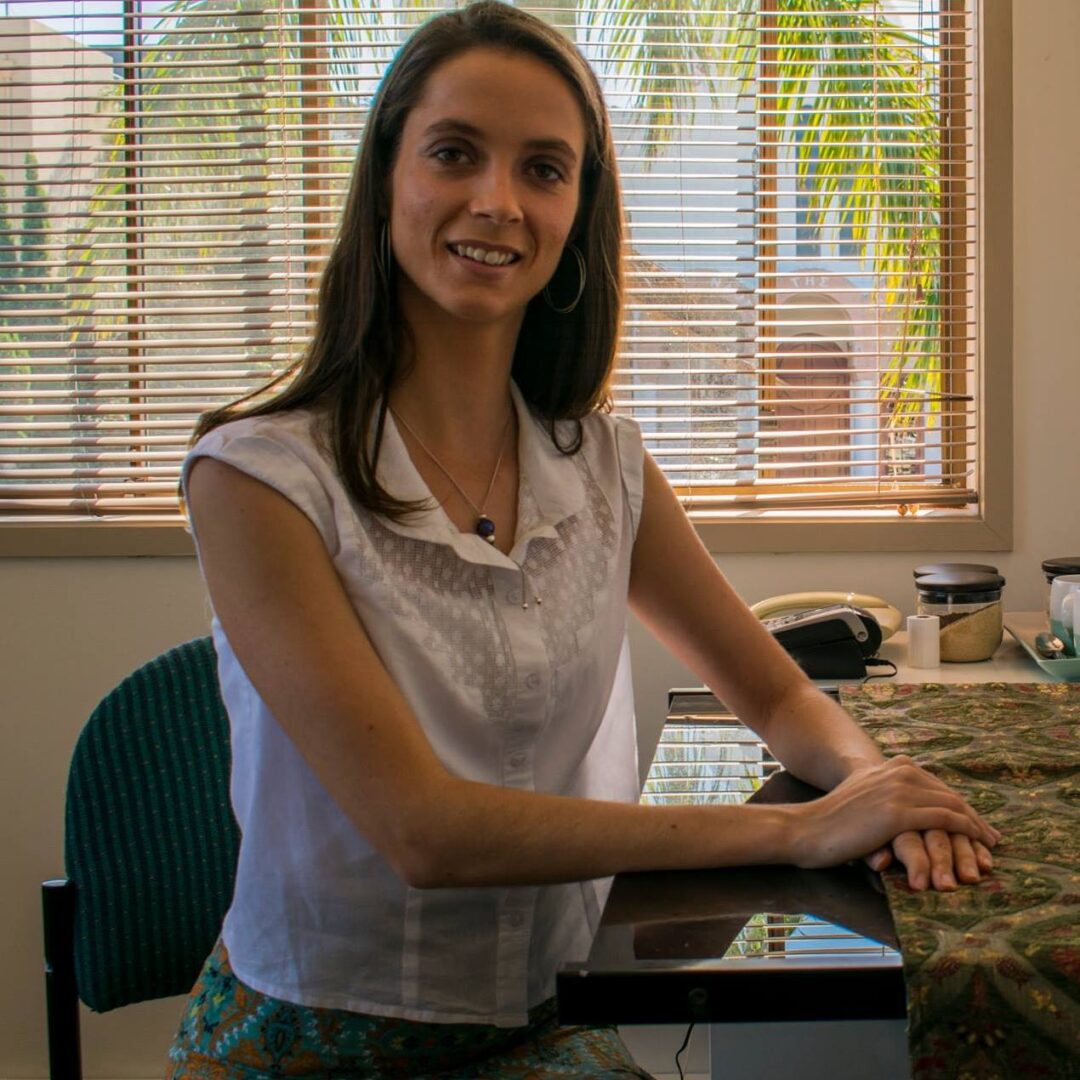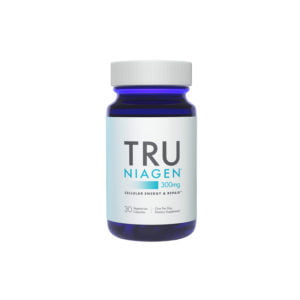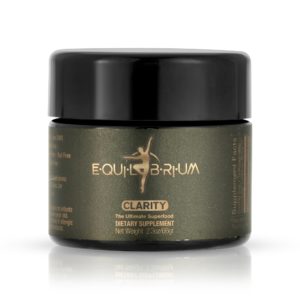Sharing is caring!
The coronavirus pandemic has disproportionately affected older adults, with more than three-quarters of deaths recorded among people over 65. The average age of death from COVID-19 is 75.5, with Massachusetts reporting a mean of 82. This figure is 72 in Tennessee, while the average age of positive test results is 43.
But do we have to passively accept age-associated infectious disease risks? While age-related inflammation, or inflammaging, is a universal issue, there is a rapidly-growing set of research-backed solutions.
How Inflammaging Makes Infections More Dangerous
As we age, our immune systems get weaker, and chronic inflammation increases. This makes it harder to stay safe from infections and their complications, such as COVID-19. According to a May 2020 New York Times article, a person over 80 is 184 times more likely to die of a COVID-19 infection than someone in their 20s.
Age-related degeneration of the thymus gland leads to a decline in certain immune cell populations, as well as increased inflammation, cancer, and autoimmune disease. There is also a degeneration of bone marrow, which produces our red blood cells, all white blood (immune) cells, and platelets (the cell fragments responsible for clotting). After their birth in the bone marrow, some immune cells travel to the thymus gland. Here, they are “trained” to attack microbes and other foreign substances while leaving our own tissues alone.
Interestingly, centenarians, people aged 100 and over, typically show some preservation of youthful immune function. Although it is a new virus we don’t have much familiarity with, even centenarians are recovering from COVID-19.
One underlying driver of aging is an increase in chronic inflammation. When it is an acute and self-limiting response to infection or tissue injury, inflammation is an overall helpful response. This allows for the clearance of pathogens and damaged tissue so that new, healthy cells can take their place. A deteriorated thymus may harm healthy tissues, as under-educated white blood cells inappropriately produce pro-inflammatory signals meant to attack pathogens.
What’s more, tissues damaged by age may trigger an inflammatory response to deal with the “injury” too. Some inflammatory signaling molecules, such as IL-6 and TNF-alpha, also impair tissue growth pathways. Under healthy circumstances, nutritious meals or exercise are meant to activate them.
Age-Related Immune Function Decline Reversed
Anti-aging, longevity-promoting research is constantly advancing, bringing more solutions to more people. A Phase I clinical trial, the TRIIM study, published in December 2019 found that a combination of human growth hormone, dehydroepiandrosterone (DHEA), metformin, vitamin D3, and zinc was able to reverse this degeneration. The TRIIM study expanded upon early studies demonstrating some anti-aging effects of each component separately but aimed to optimize their benefits while reducing their drawbacks.
The growth hormone was chosen for its potential ability to regenerate the immune system, while DHEA has shown generalized restorative properties. Metformin may protect against the diabetes-promoting effects of both growth hormone supplementation and aging. As metformin is not without side effects itself, natural botanicals such as Gynostemma pentaphyllum may be helpful. Both substances activate AMPK, an enzyme that increases insulin sensitivity and reduces body fat.
The study reveals that, with this combination, the thymus and bone marrow began to regenerate, and epigenetic age reverted to a more youthful state. Epigenetics is the study of gene expression, which normally changes to a degenerative profile with age.
Although epigenetic clocks do not measure every aspect of the biological aging process, they are currently the most accurate measure of biological age and associated disease risk. After one year, the volunteers’ epigenetic age was 1.5 years younger, a 2.5-year change compared to no treatment. Their rate of epigenetic age reversal sped up over time, from 1.6 years annually at 0-9 months to 6.5 years from 9-12 months.
However, as a Phase I study, it wasn’t designed to prove efficacy. In May 2020, a larger, Phase II clinical trial of the TRIIM study’s protocol began to enroll participants.
Exercise And Inflammaging
The above protocol is still in clinical trials and personalizes dosages, so we don’t advise self-prescription by copying it. However, regular exercise has some similar effects and doesn’t have to cost anything. Research shows that myokines, immune chemicals released by the muscles during physical activity, help to improve resistance against infection, and reduce inflammation.
It also revealed that even people over 85 can benefit from this mechanism. While people taking under 3,000 steps per day had the highest levels of chronic inflammation, those walking over 10,000 steps on average had the lowest levels.
Nicotinamide adenine dinucleotide (NAD+), a derivative of vitamin B3 and the amino acid tryptophan, demonstrated anti-aging properties in early clinical research. This is because of its roles in cellular energy production and activating sirtuin genes, which regulate tissue repair.
Also very empowering, a study on previously untrained, middle-aged volunteers found that 10 weeks of strength training increased their muscular levels of NAD+ to amounts seen in young student-athletes. It also raised their anti-aging sirtuin activity by 13 percent, to match the college students’ levels.
Key Immune Supplements To Support Healthy Immunity
There are many readily available supplements you can take to assist in the youthful functioning of your immune system. Vitamin D, zinc, and reishi mushrooms are three that stand out:
Vitamin D
The vitamin D supplements given to volunteers in the TRIIM study demonstrated their own rejuvenating properties in stand-alone clinical trials. A different, 16-week trial involving 51 volunteers tested the effects of taking 2,000 or 4,000IU of vitamin D.
Fascinatingly, the participants, comprised of overweight and obese African-Americans, reversed their epigenetic age by almost two whole years! The epigenetic age “clocks” used to examine gene expression and compare it to expected patterns by chronological age.
A previous study by the same authors also found that vitamin D increases telomerase, the enzyme that helps rebuild our telomeres. Telomeres are protective caps on our chromosomes that shorten with each division. Once they get too short, the cell cannot divide, leading to impaired regeneration and aging.
Zinc
Zinc deficiency is associated with thymus degeneration, lower immune cell counts, and an impaired immune response. Elderly adults are more likely to be zinc deficient than younger people, possibly because of reduced intake of poorer absorption.
Some studies have found that zinc supplementation can improve the immune response in older study participants.
Reishi
Reishi (Ganoderma lucidum) is a mushroom used to promote immunity and overall vitality. C. elegans is a commonly used species in early-stage research to learn how potential medicines work, reishi included.
A study on C. elegans worms found that reishi may promote longevity by preventing oxidative stress and reversing epigenetic age. Reishi significantly increased overall and maximum longevity, partly through pathways also activated by fasting. It wasn’t included in the TRIIM study but has been used traditionally in Asia for its immunity and energy-boosting properties. I enjoy the immune-supporting properties of reishi when I travel and when I’m under high levels of stress.
While the significantly higher risk of serious infections that comes with aging can feel daunting, hope isn’t lost. Research shows that there are evidence-based, antiaging tools available to address the underlying mechanisms of inflammaging today!

Alexandra Preston is an Australian naturopath, passionate about empowering others to take charge of their health and healing the planet. Her special area of interest in natural health is antiaging; she also loves the beach and is a semi-professional dancer.
Submit your story or essay to Buzzworthy Blogs.
-
Sale Product on sale
 Tru Niagen NAD Supplement$50.00 – $144.00 — or subscribe and save 5%Rated 4.83 out of 5 based on 6 customer ratings
Tru Niagen NAD Supplement$50.00 – $144.00 — or subscribe and save 5%Rated 4.83 out of 5 based on 6 customer ratings -
Sale Product on sale
 Equilibrium Clarity Superfood$59.45 – $290.00 — or subscribe and save 10%Rated 4.83 out of 5 based on 6 customer ratings
Equilibrium Clarity Superfood$59.45 – $290.00 — or subscribe and save 10%Rated 4.83 out of 5 based on 6 customer ratings
- Tags: growth hormone, infection, inflammaging, metformin, NAD+, reishi, telomeres, vitamin d, zinc



